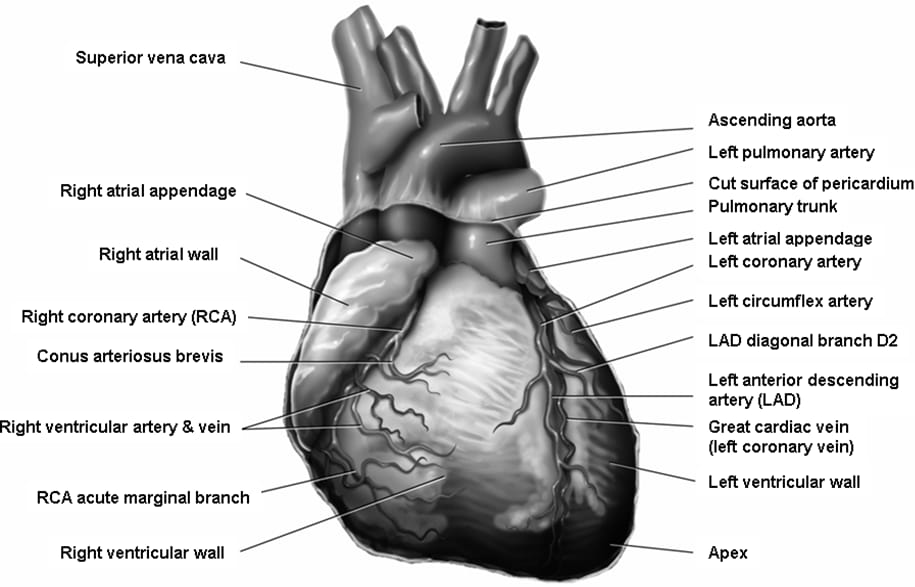In a world where health is paramount, understanding the nuances of diseases becomes crucial. Ischemic heart disease, also known as coronary artery disease, stands as a prominent player in the realm of cardiovascular ailments. this comprehensive guide, we delve into the intricate details, shedding light on its benefits and disadvantages, offering you valuable insights for a more informed perspective.

Understanding Ischemic Heart Disease
Before we embark on the journey of benefits and disadvantages, let’s grasp the basics. Ischemic heart disease occurs when the blood flow to the heart muscle is restricted, often due to plaque buildup in the coronary arteries. This constriction can lead to various complications, making it imperative to fathom the dynamics of this condition.

Benefits of Managing Ischemic Heart Disease
Early Detection Saves Lives
Early diagnosis is akin to a lifeline. Regular health check-ups and awareness of potential risk factors empower individuals to identify and address the issue before it escalates, potentially preventing severe consequences.
Lifestyle Modifications for Longevity
Managing ischemic heart disease necessitates lifestyle changes. Adopting a heart-healthy diet, engaging in regular physical activity, and abstaining from harmful habits like smoking contribute to heart health and overall well-being.
Advancements in Medical Treatments
The field of cardiology constantly evolves, introducing innovative treatments. From medications that improve blood flow to cutting-edge surgical interventions, medical science offers an array of solutions to manage and mitigate the impact of ischemic heart disease.
Enhanced Cardiovascular Awareness
The prevalence of ischemic heart disease has led to heightened public awareness about cardiovascular health. This collective consciousness encourages individuals to prioritize heart health, leading to a more informed and health-conscious society.
Community Support Networks
Dealing with a chronic condition becomes more manageable when individuals connect with support networks. Communities, both online and offline, provide a platform for sharing experiences, advice, and emotional support, fostering a sense of belonging.
Focus on Preventive Care
Managing ischemic heart disease often involves a shift towards preventive care. Emphasizing regular check-ups, monitoring cholesterol levels, and addressing risk factors proactively contribute to a healthier lifestyle and improved overall well-being.
Holistic Approaches to Wellness
The holistic approach to wellness extends beyond medication. Integrative practices such as stress management, meditation, and complementary therapies play a pivotal role in enhancing the overall well-being of individuals managing ischemic heart disease.

Navigating the Disadvantages
Challenges in Diagnosis
Despite advancements, diagnosing ischemic heart disease can be challenging. Symptoms may not manifest until the condition has progressed significantly, underscoring the importance of regular check-ups and preventive measures.
Financial Implications
Managing ischemic heart disease can exert a considerable financial strain. The cost of medications, medical procedures, and ongoing healthcare can be daunting, especially for individuals without comprehensive health coverage.
Emotional Toll
Living with a chronic condition can take an emotional toll on individuals and their families. The constant awareness of potential health risks and the need for vigilant self-care can contribute to stress and anxiety.
Impact on Quality of Life
Ischemic heart disease can affect an individual’s daily life, limiting physical activities and necessitating adjustments in routine. This impact on quality of life underscores the importance of holistic approaches to disease management.
Research and Innovation Challenges
Despite progress, there remain challenges in research and innovation. Developing new treatments and interventions requires substantial investment and collaborative efforts, presenting hurdles on the path to continuous improvement.
Global Disparities in Healthcare
Disparities in access to healthcare services and resources contribute to the challenges associated with ischemic heart disease. Addressing these global inequalities becomes paramount for ensuring that everyone, regardless of location, has access to quality care.
Educational Gaps
Bridging gaps in public knowledge about ischemic heart disease is crucial. Improved health literacy can empower individuals to make informed decisions about their cardiovascular health, reducing the overall burden of the disease.
In Conclusion
In the intricate web of benefits and disadvantages surrounding ischemic heart disease, knowledge emerges as the most potent tool. Armed with awareness, individuals can proactively manage their heart health, transforming disadvantages into opportunities for growth. As we navigate the terrain of cardiovascular well-being, let us strive for a future where understanding and action intertwine, creating a heart-healthy world for generations to come.

1 thought on “Unlocking the Truth: Ischemic Heart Disease, Exploring Benefits, and Unraveling Disadvantages”